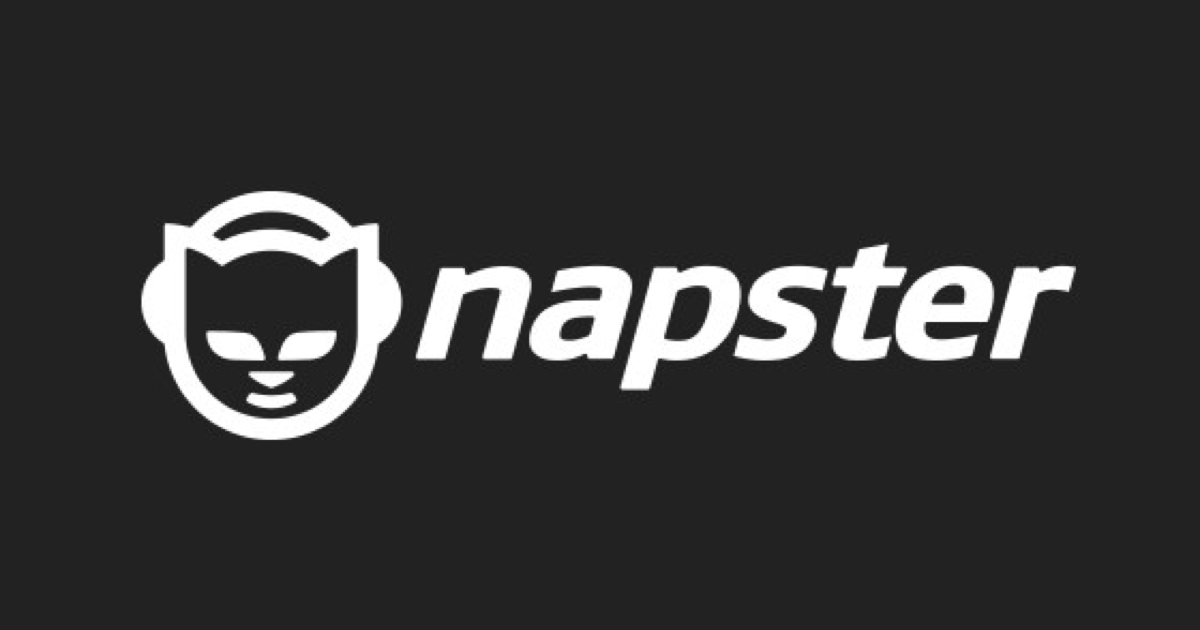Illegally obtained software never does any good, and it is no good at all if such software is found in private companies or even in government organizations. In today's installment of our throwback, we remember the day the Chinese government decided to crack down on pirated software in government organizations. In the second part of the article, we will focus on the Jennicam project, in the framework of which a young American woman installed web cameras in her house.
It could be interest you

Chinese government crackdown on illegal software (1995)
On April 12, 1995, the Chinese government decided to crack down on the use of illegal copies of software programs in its organizations. A specially developed large-scale program was supposed to help her with this, which included a large-scale and relatively financially demanding purge carried out in government agencies. In an effort to radically reduce the incidence of illegal copies of software, the Chinese government has also decided to invest heavily in legally purchased software. The Chinese government decided to take this step after it signed an agreement with the United States to crack down on software piracy in March 1995.
Jennicam (1996)
On April 14, 1996, a then nineteen-year-old girl named Jennifer Kaye Ringley decided to take a very unusual step. She immediately placed web cameras in several different places in the house she was living in at the time. Over the next several years, Jennifer Ringley broadcast live from her home on the Internet. Since Jennifer grew up in a nudist family, some of the viewers might have expected a spicy spectacle, but Jennifer always appeared fully clothed on camera. With her project Jennicam, Jennifer Ringley earned the label of the first "lifecaster" - the term "lifecaster" referred to a person who transmits details of their daily life in real time to the Internet.



